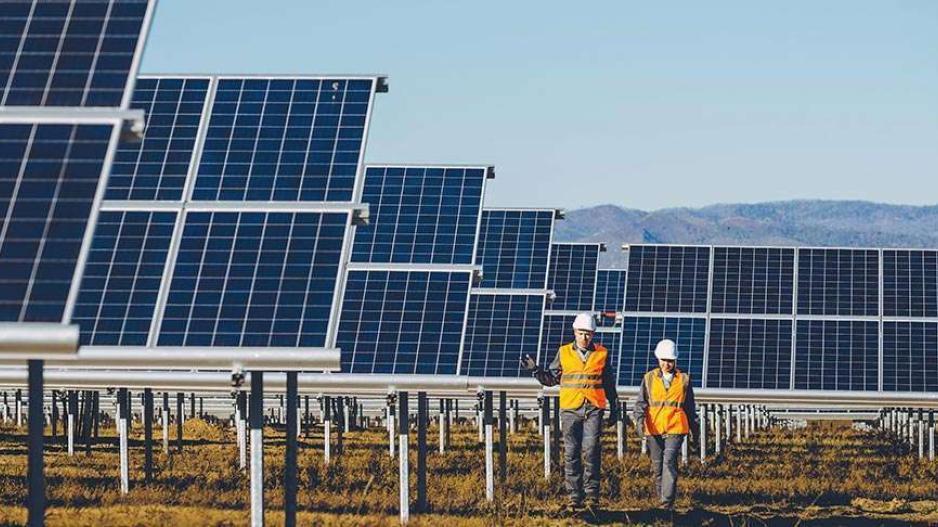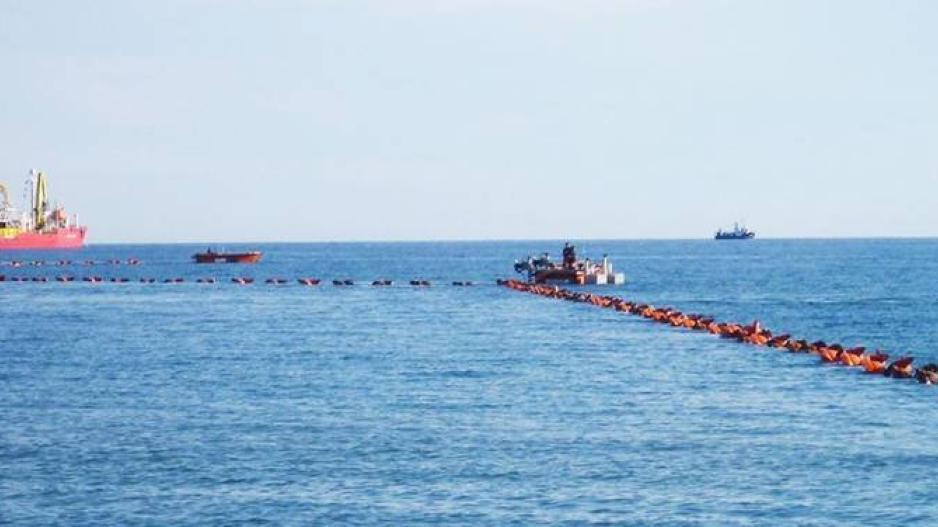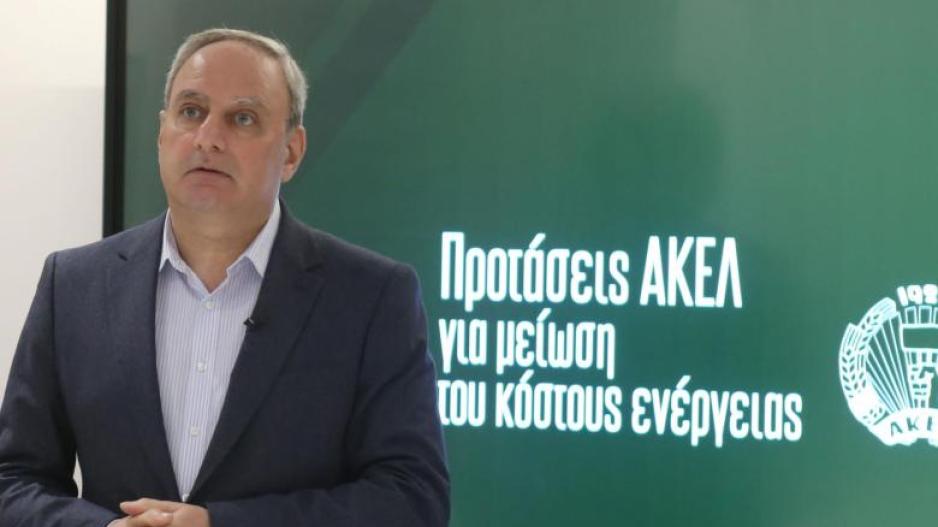AKEL Proposes 10 Measures to Reduce Energy Costs and Tackle Energy Poverty
Stefanos Stefanou Criticizes Government Policies and Highlights Urgent Reforms
The General Secretary of AKEL, Stefanos Stefanou, presented 10 measures to reduce energy costs and support society, warning of potential power outages next summer without immediate action.
At a press conference held at AKEL’s headquarters, Stefanou criticized government policies on energy and outlined a plan to address current challenges.

Stefanou highlighted four key measures to reduce energy costs:
-
Immediate Introduction of Natural Gas for Power Generation:
The first priority is to complete the onshore terminal at Vasilikos and explore interim alternatives until the project is finalized.
-
Integration of Renewable Energy Sources (RES):
The Cyprus Electricity Authority (EAC) needs state support to identify suitable areas for RES and invest in energy storage solutions, which current plans do not adequately accommodate.
-
Reduction of VAT on Electricity:
Lowering VAT on electricity from 19% to 9% across the board would alleviate costs for consumers and reduce the cascading effect on goods and services. This approach is already implemented by other EU countries.
-
Energy Procurement Tenders:
Open tenders for purchasing and storing energy, a practice used during the Christofias administration, could secure lower energy prices.
Stefanou also proposed six additional measures aimed at supporting vulnerable groups and tackling energy poverty:
-
Taxation of Windfall Profits:
Implement taxes on unexpected profits of energy companies and allocate revenues to combat energy poverty.
-
Expansion of Solar Panel Subsidy Programs:
Increase funding and address gaps in current programs to make solar panel installation more accessible, especially for low- and middle-income families.
-
Promotion of Energy Communities:
Support the establishment of energy communities to reduce electricity costs for local communities while promoting RES.
-
Transparent Use of Emissions Fund Resources:
Ensure that 50% of revenues from the Emissions Fund, as mandated by EU directives, are used to enhance citizens' energy access.
-
Postponement of Green Taxes:
Delay the introduction of green taxes to avoid further burdening consumers already struggling with high energy costs.
-
Automatic Inclusion in Special Electricity Tariffs:
Streamline access to discounted electricity rates for eligible individuals, particularly the elderly and those without internet access, to ensure no one is left behind.

Stefanou criticized both past and current administrations for their failure to address critical energy issues effectively. He pointed out Cyprus's heavy reliance on fossil fuels, high electricity costs, and lack of alternative solutions.
He accused the former Anastasiades government of scandals and mismanagement, which he claimed led to today’s energy crisis. He also criticized the current Christodoulides administration for its lack of transparency, contradictory statements, and slow progress on major energy projects like the Vasilikos terminal and the Great Sea Interconnector.
Stefanou raised seven critical questions for the government, urging transparency and accountability:
-
What is the status of the Vasilikos terminal and the Prometheus project?
-
Why hasn’t the Great Sea Interconnector study been shared with Parliament?
-
How will Cyprus address potential electricity shortages in the near future?
-
What will be the consumer cost of delayed energy projects?
-
Are there excessive profits in RES production, and why hasn’t legislation been introduced to tax them?
-
Why hasn’t the EAC integrated significant RES capacity to lower electricity costs?
-
What progress has been made on energy storage systems?
Stefanou concluded by emphasizing the urgent need for transparency, strategic planning, and effective reforms in the energy sector. He warned that inaction could lead to "third-world conditions," including widespread power outages and increased costs for society and the economy.






